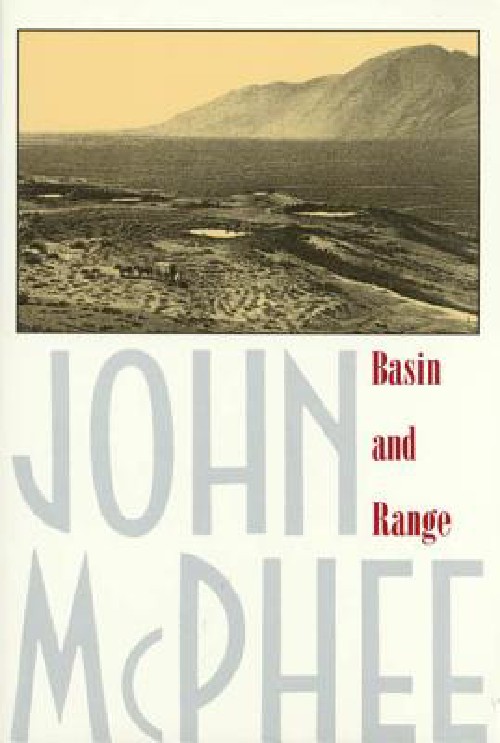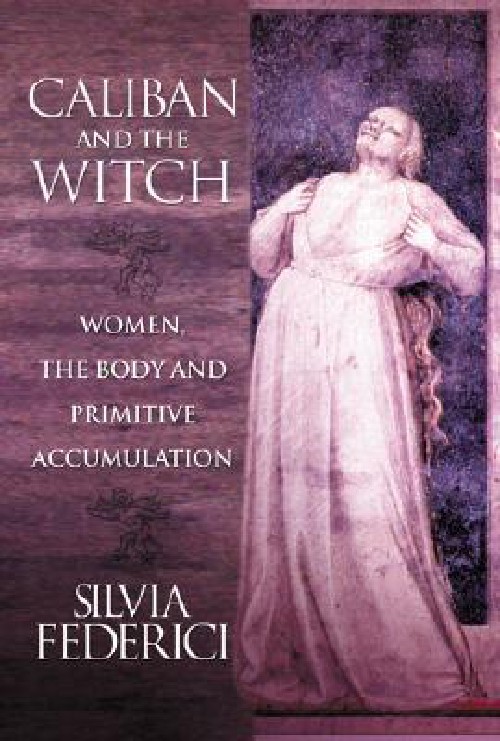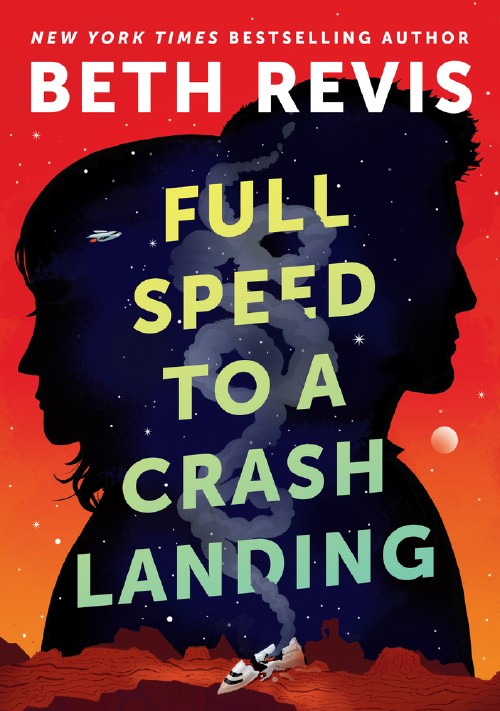In the history of the world – as far as scientists have discovered – there have been five mass extinction events on earth. All have seemed to relate to sudden climate shifts. In this compelling and clearly-written book, Kolbert presents the evidence that we are in the midst of the sixth such event, and furthermore, the evidence implicates humans as the motivating force behind the event.
Kolbert is a fantastic writer and she pulls together numerous threads to establish her thesis. She examines the ways that we are tracking extinction and seeing it happen in a large scale today. She examines how humans came to understand the concept of extinction (there was a time, just a few centuries ago, where the idea that animals could no longer exist was unthinkable). But she also wants readers to understand how ecosystems work; how species evolve to find some equilibrium in their environment so they can avoid extinction. After this, Kolbert reveals the multitudinous ways our industrialized, globalized world is reshaping locales in an evolutionary blink of the eye; so fast that creatures of all sizes are helpless to adapt.
Kolbert ties all these threads together to argue that it’s undeniable mass extinction is occurring, it’s extremely likely humans are the cause, and then, to cap it all off, she argues that this destruction is not accidental but written into our nature as humans. It’s an interesting argument and Kolbert is excellent at presenting it, but this last position is the most contentious in the book. The anthropocene is the term used to describe this era of massive climate change and extinction caused by human activity on earth. But anthropocene indicts humanity as a whole, as does Kolbert in the book, a generalization that leaves no room for questioning which humans were the primary drivers and what united them, or if there were other groups who did not participate in the destruction of earth in these past few centuries. There are numerous people who think these complexities are worth pursuing as we continue to address the destruction reaped.
Despite her last argument’s generalization, I highly recommend The Sixth Extinction. Kolbert is one my favorite science writers: she writes with a mastery of complex subjects without becoming dense or complex in her language. The Sixth Extinction covers a wide range of history, scientific disciplines, and ongoing research work and Kolbert excellently distills these topics into a book that is easy to read. I enjoyed it immensely, learned so much, and surely would benefit from a reread.



